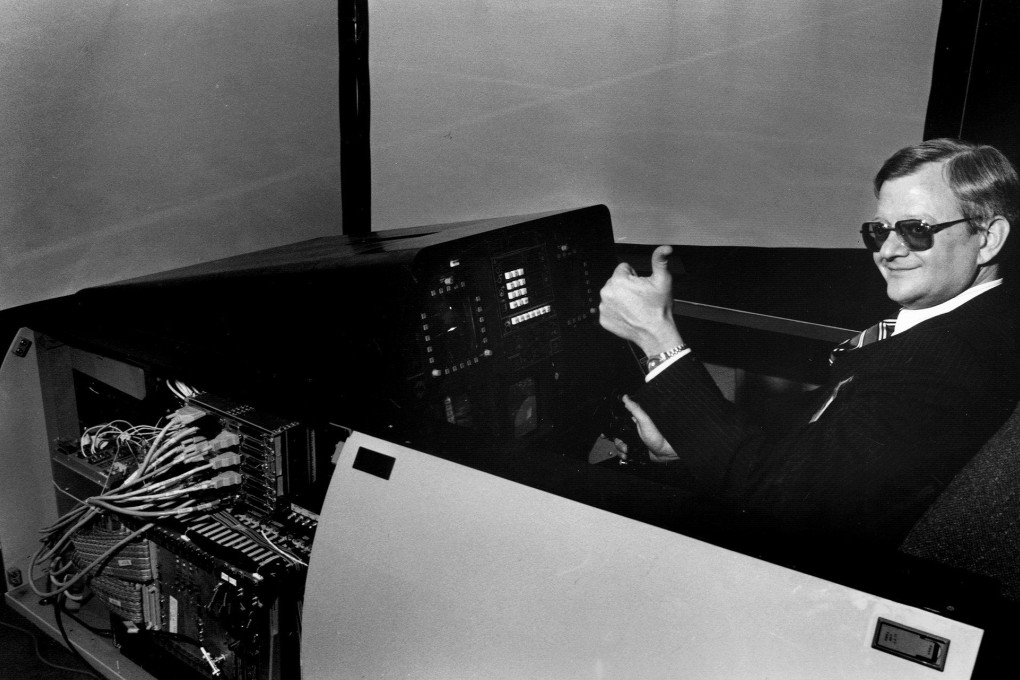My Take | Tom Clancy: a true hack of our time
I had a fleeting personal connection with Tom Clancy, who died this week aged 66, through the actor Harrison Ford. It was around 1990, when Ford's film crew came to Annapolis, my college town in Maryland, to shoot an assassination scene outside the famous US Naval Academy. The movie was to be the blockbuster Patriot Games, based on Clancy's novel of the same name.

I had a fleeting personal connection with Tom Clancy, who died this week aged 66, through the actor Harrison Ford. It was around 1990, when Ford's film crew came to Annapolis, my college town in Maryland, to shoot an assassination scene outside the famous US Naval Academy. The movie was to be the blockbuster Patriot Games, based on Clancy's novel of the same name.
Ford played Jack Ryan, a history professor at the academy by day and a CIA analyst the rest of the time. The story had a renegade IRA assassin dispatched to kill Ryan as an act of revenge. The scene was shot outside the academy's main gate, opposite the building where I and my schoolmates lived. I was told the street is now a tourist attraction. The crew needed to vacate the building for filming. For this, we were each paid US$100 and given, collectively, five minutes with Ford, who was a perfect gentleman: funny, courteous and impersonal. My then girlfriend ended up having a copy of Clancy's Red Storm Rising autographed by Ford.
Clancy was the biggest publishing phenomenon during my time as a college student in the US. Along with John Grisham and Michael Crichton, Clancy pioneered what may be called "geek illiterature". Compared to a spy novel maestro like John le Carre, Grisham and Clancy's writings are almost illiterate. Crichton was a far better writer, though his later novels on nanotechnology and airplane technology read like technical manuals. Yet you read their books compulsively. The reason, I think, is that they offer what feel like authentic little-known technical details on military technology and special forces operations (Clancy); and legal maneuverings and courtroom tactics (Grisham).
This is the secret of the trio's success - and frequent failures: the delicate balancing act of offering enough technical details to carry the drama without boring the reader. They have written pages and pages so badly conceived as to be unreadable. But when they succeed, they capture your total attention. As a tradecraft, their balancing act offers a deep lesson for journalists who have to report on technical stories such as those in finance, law and science. You won't suspect it, but there are worse places to learn technical journalism than their novels.
